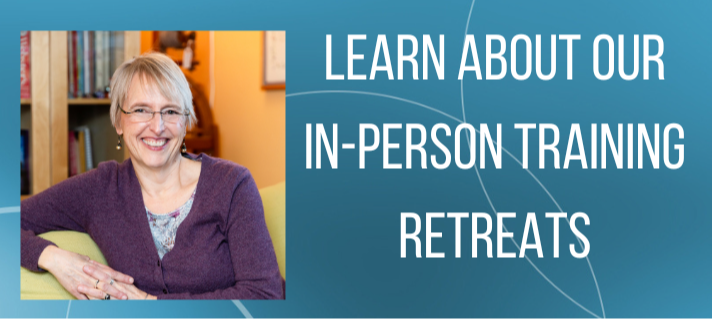Why Desire Discrepancy Is So Tough
Jan 29, 2019
In all my work training therapists to talk about sex issues, there’s one thing I hear over and over:
“I’ve tried everything I can to work with this desire discrepancy, but it’s just so complicated and tangled up that I don’t feel like I’m making any progress.”
“I feel pretty comfortable talking about sex, but sometimes couples with desire discrepancy are just so complicated.”
“I see so many couples with desire discrepancies, and yet I still don’t feel like I know where to begin.”
Desire discrepancy is THE most likely sex issue for couples therapists to see, and most find it incredibly challenging to work with. As I see it, there are two major reasons for this:
- It’s so common. Desire discrepancy comes up all the time in therapy, simply because a lot of couples deal with it. In fact, I consider differences in desire to be completely expectable. There’s no one normal or correct level of desire, and there’s a tremendous amount of variation between people in terms of how often they like to have sex, and for how long, in what ways, and so on. At the same time, we have a cultural ideal of love as “two souls melding seamlessly into one”–setting up a situation where normal, expectable sexual differences can cause distress, especially since sex is such an emotionally charged topic. It’s easy to see how the normal variation between partners can quickly become a source of shame and pain, if partners don’t have the perspective that their differences are something to be expected and even embraced.
- It’s so complex. So many factors can contribute to desire discrepancy: physiology, emotion, connection, patterns of sexual behavior, trauma, religious beliefs, values, sexual templates…I could go on and on. Working really effectively with desire discrepancy requires having an understanding of many factors and how they relate to one another.
Desire discrepancies can be intimidating, but learning to work with them is so worthwhile. Because they’re so common, you have an opportunity to really make a difference in the lives of a lot of people–and to set yourself apart as a therapist. Also, if you can learn how to tackle desire discrepancies, you’ll end up with a really robust skill set for working with sex issues in general.
For the next few weeks, I’m going to be talking a lot about how I work with desire discrepancy, because I know so many therapists struggle with it. If you want to start building those skills, keeping checking back!






